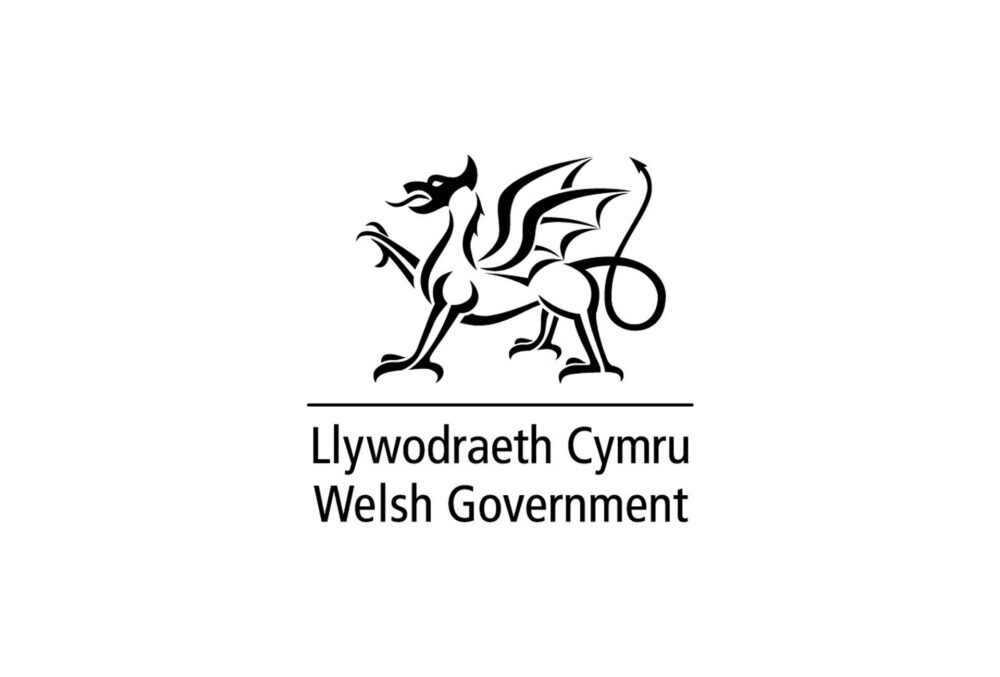Update on Pembrokeshire Bovine TB Project

The bovine TB project in Pembrokeshire, to explore how a partnership approach can tackle the disease, has begun following the awarding of the contract for its delivery, Rural Affairs Minister Lesley Griffiths has announced.
The Pembrokeshire Project is part of the five-year bovine TB Delivery Plan which was published in March.
It will work to tackle deep-seated levels of infection in parts of Pembrokeshire, where TB incidence and prevalence have worsened against the overall improving national backdrop.
The project aims to facilitate collaborative working between vets and farmers and empowers local informed decision making and leadership in disease control.
The tender process has been completed and the contract has been awarded to a project group led by Iechyd Da (Gwledig) Ltd. Work is now underway to deliver the project with further details to follow.
Ahead of this week’s Pembrokeshire Show the Minister for Rural Affairs Lesley Griffiths said: “We are very aware of the challenge of TB in cattle, and the distress it causes for farmers. This is why we are determined to eradicate bovine TB in Wales as set out in our Delivery Plan, published earlier this year.
“We have made steady progress since 2009, with fewer affected herds and new incidents, but we know there have been challenging levels of infection in Pembrokeshire.
“I have always said we cannot do this alone, and partnership working with our farmers and vets is crucial to reach our shared goal of a TB-free Wales. I look forward to seeing the results of the Project and am hopeful it will have a positive impact here and lessons can be learned for the rest of Wales.”
Chief Veterinary Officer Dr Richard Irvine said: “The Project will work with a small sample of farms in Pembrokeshire, with the purpose of empowering vets and farmers to make informed decisions and show leadership in disease control.
“It will develop and implement additional approaches to bovine TB control, over and above the statutory measures currently used in the area.
“The project will focus on identifying residual disease risk in clear testing cattle and develop a pathway for reducing cattle-to-cattle transmission. This will include identification and management of high-risk animals to slaughter and veterinary oversight of biosecurity practices.
“I’m pleased to see this new industry-led project now underway, which is an exciting example of partnership working.”





